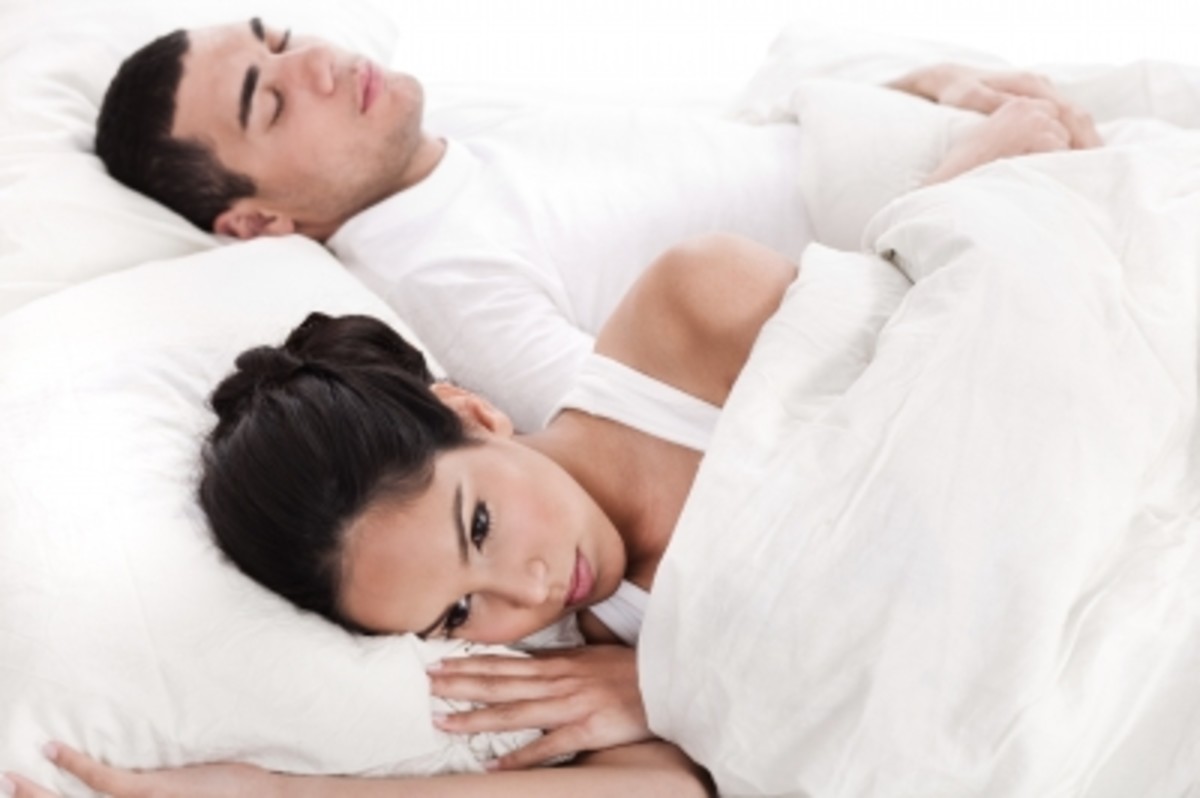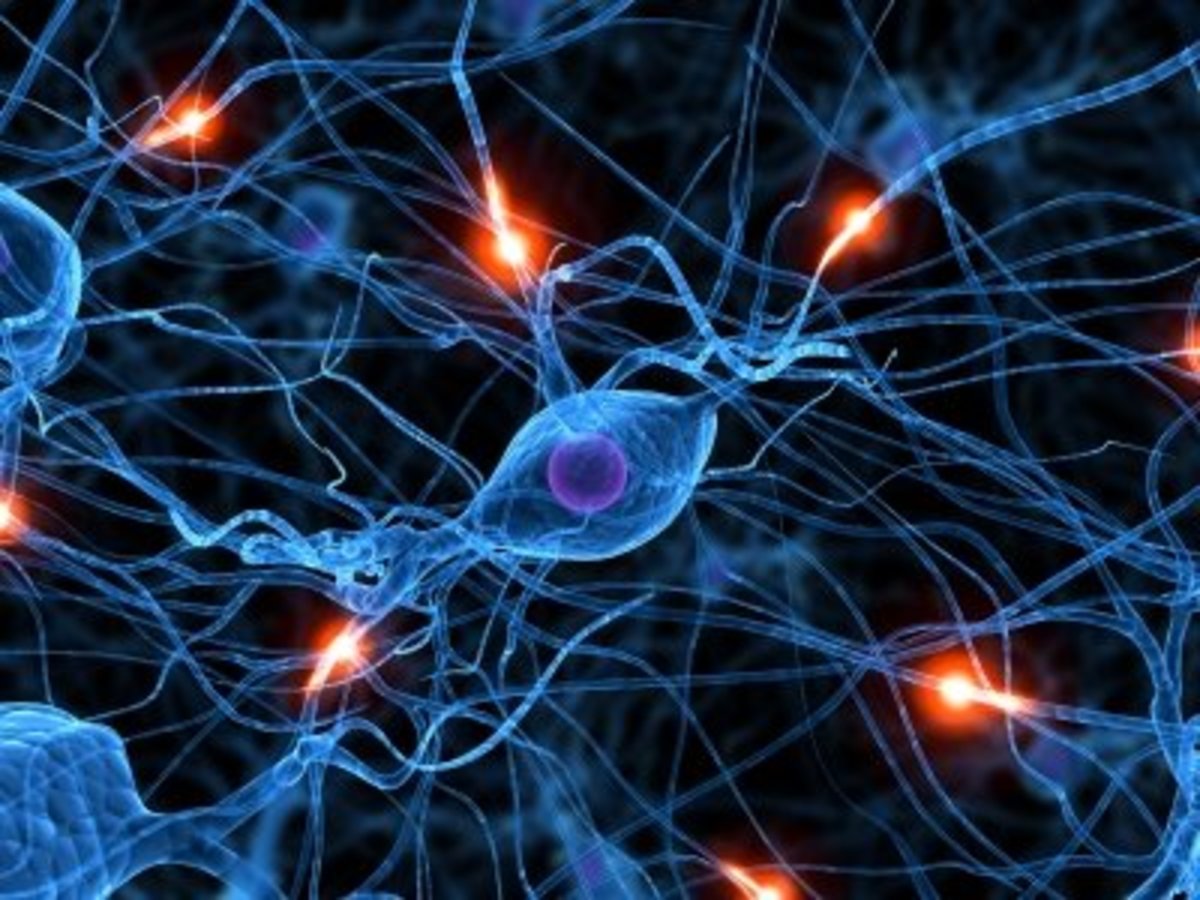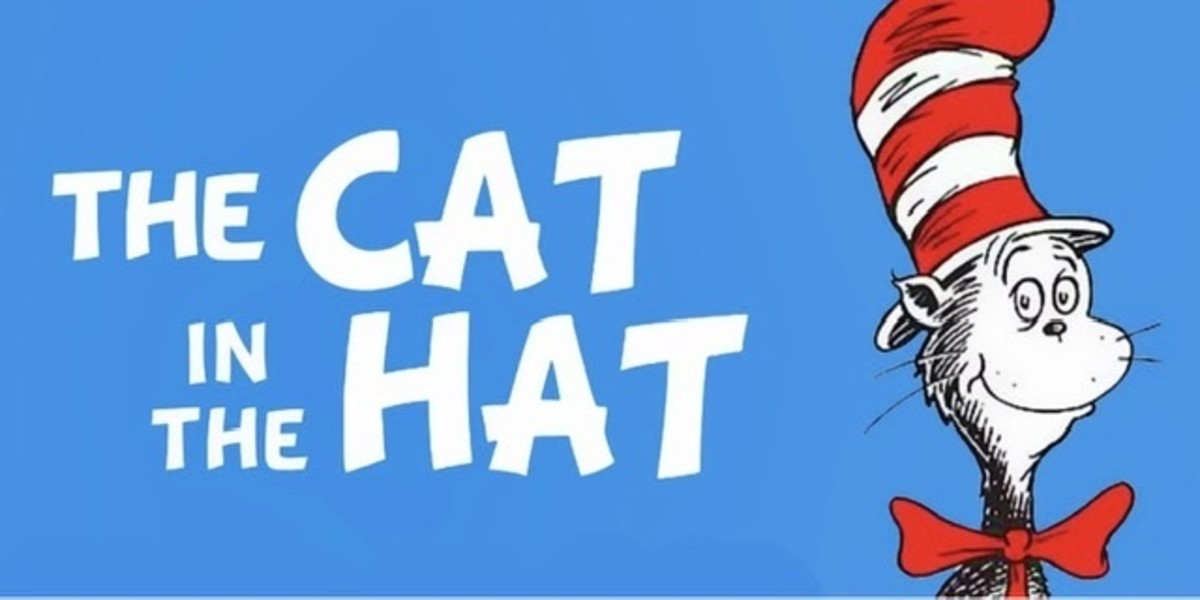What is Insomnia? Sleep on it!



Insomnia
Lack of sleep, known as insomnia, is a big problem affecting many. Tiredness, weight gain, mood swings, and difficulty in concentrating are all associated with it. Insomnia is defined as inadequate or poor-quality sleep, not by number of hours slept. It's usually caused by one or more of the following:
-
Difficulty falling asleep.
-
Waking up frequently during the night.
-
Waking up too early.
-
Feeling tired after sleeping.
What Causes It? There are many causes of insomnia:
-
Advanced age.
-
More common in females.
-
Depression
Insomnia has three classifications:
-
Transient (short term).
-
Intermittent (on and off).
-
Chronic (constant).
The condition seems to be worse if there are other contributing factors such as stress, anxiety, certain medical problems, and medications. Insomnia seems more likely to occur when associated with:
-
Stress.
-
Prolonged exposure to loud noise.
-
Extreme temperatures.
-
Change in environment.
-
Scheduling problems.
-
Medication side effects.
Chronic insomnia is more difficult to diagnose. There are many contributing factors such as underlying physical or mental disorders. Others may include:
-
Arthritis
-
Kidney disease
-
Heart failure
-
Asthma
-
Sleep apnea
-
Hyperthyroidism
-
Parkinson's disease
-
Narcolepsy (neurological disorder affecting the control of sleep and wakefulness).
However, chronic insomnia can be due to several behavioral factors:
-
Misuse of caffeine, alcohol, and like substances.
-
Night shift work schedules.
-
Chronic stress.
-
Smoking before going to bed.
-
Frequent napping during the day.
Insomnia affects both genders of all ages but usually the elderly, However, but more common in females. Treatments for Insomnia Transient and intermittent insomnia may not require treatment since episodes last only a short time. Many have used over-the-counter sleeping pills, which isn't usually isn't recommended. This only treats symptoms not the root cause. Treatment for Chronic Insomnia
-
Diagnose and treat underlying medical or psychological problems.
-
Identify behaviors that may be the problem.
-
Relaxation and specific techniques reducing anxiety and body tension. Some spend too much time in bed trying to sleep.
-
Reconditioning. A treatment helping to associate bedtime with sleep. A patient should retire only when sleepy. If unable to sleep, they are advised to stay up until they feel they can. Patients should avoid naps and try going to bed at the same time every night.
Sleep is needed for our bodies to repair and recharge itself. When people have problems sleeping, they should determine if the problem is falling asleep or staying asleep. This can help identify if diet and blood sugar are part of the problem.
The food police have beaten us about the head and shoulders for years demanding we should avoid caffeinated drinks.
The problem is too many stimulate their brains late in the evening, watching television, playing video games, using the internet, working late at night, and the list goes on. These are the same people who are reaching for some type of sleeping pill to counteract stimulation they brought upon themselves during the day. Unfortunately, like any drug, there are side effects.
Relatively speaking, it wasn't so long ago when the sun went down and so did people. They worked hard during the day and after supper, and perhaps some Bible study, they went to bed.
Sleep and Hormones
Unfortunately, you can't have one without the other. According to several sleep studies, about 45% percent of Americans experience symptoms of insomnia. Most seem to think it's because they're getting older. However, there may be other factors at work. and the majority are unaware an underlying hormone issue may be the culprit.
"As adults, we make the mistake of thinking we don't need as much sleep. Therefore, any problems we have sleeping must because we are getting older.
It's just as important for seniors to get 6 hours of sleep as it is for younger people.
Then there are those who say they have no problem falling asleep. The problem is, a few hours later they wake up and can't go back to sleep.This could possibly be a blood sugar problem, caused by poor diet. But it can also be associated with stress and adrenal fatigue. Their adrenals can’t keep blood sugar stable. Therefore, their bodies self-healing properties give them an emergency shot of adrenaline to restore blood sugar levels.
Simple Steps
Sleeping pills manipulate our brain chemistry so we can fall asleep. But, there can be various side effects. But if we don't want to take that route its possible to balance these neurotransmitters without using drugs. Stress strongly contributes to sleep problems.
The simplest thing to do is stop over-stimulating ourselves in the evening. Caffeine can be a problem for many. But the same effect can be realized simply by being too active in the evening. This can trigger hormones equaling a cup of coffee.




Nourish adrenal glands with vitamins B and C, zinc, and specific herbs such as rhodiola, ashwagandha, cordyceps, and ginseng.
Raise inhibitory brain messengers, which help us fall asleep. Instead of using drugs we can get the same effect by taking magnesium, glycine, GABA, 5-HTP, L-theanine, and glutamine to naturally stimulate our ‘inhibitory’ neurotransmitters. Various teas such as chamomile and valerian root can relax the body.
Pay attention to your diet to ensure your adrenals don't become fatigued. A healthy dinner including protein and fats can keep blood sugar levels stable for hours. Eat a snack before going to bed. This will keep blood sugar stable. Avoid anything containing refined, processed sugar.
Even when we convince ourselves we are focusing on a solution, it may lead us to exaggerate the situation, leaving us even more tired.
Sleep is needed for our bodies to repair and recharge itself. When people have problems sleeping, they should determine if the problem is falling asleep or staying asleep. This can help identify if diet and blood sugar are part of the problem.
The food police have beaten us about the head and shoulders for years demanding we should avoid caffeinated drinks.
The problem is too many stimulate their brains late in the evening, watching television, playing video games, using the internet, working late at night, and the list goes on. These are the same people who are reaching for some type of sleeping pill to counteract stimulation they brought upon themselves during the day. Unfortunately, like any drug, there are side effects.
Relatively speaking, it wasn't so long ago when the sun went down and so did people. They worked hard during the day and after supper, and perhaps some Bible study, they went to bed.
Sleep and Hormones
Unfortunately, you can't have one without the other. According to several sleep studies, about 45% percent of Americans experience symptoms of insomnia. Most seem to think it's because they're getting older. However, there may be other factors at work. and the majority are unaware an underlying hormone issue may be the culprit.
"As adults, we make the mistake of thinking we don't need as much sleep. Therefore, any problems we have sleeping must because we are getting older.
It's just as important for seniors to get 6 hours of sleep as it is for younger people.
Then there are those who say they have no problem falling asleep. The problem is, a few hours later they wake up and can't go back to sleep.This could possibly be a blood sugar problem, caused by poor diet. But it can also be associated with stress and adrenal fatigue. Their adrenals can’t keep blood sugar stable. Therefore, their bodies self-healing properties give them an emergency shot of adrenaline to restore blood sugar levels.
Simple Steps
Sleeping pills manipulate our brain chemistry so we can fall asleep. But, there can be various side effects. But if we don't want to take that route its possible to balance these neurotransmitters without using drugs. Stress strongly contributes to sleep problems.
The simplest thing to do is stop over-stimulating ourselves in the evening. Caffeine can be a problem for many. But the same effect can be realized simply by being too active in the evening. This can trigger hormones equaling a cup of coffee.
Nourish adrenal glands with vitamins B and C, zinc, and specific herbs such as rhodiola, ashwagandha, cordyceps, and ginseng.
Raise inhibitory brain messengers, which help us fall asleep. Instead of using drugs we can get the same effect by taking magnesium, glycine, GABA, 5-HTP, L-theanine, and glutamine to naturally stimulate our ‘inhibitory’ neurotransmitters. Various teas such as chamomile and valerian root can relax the body.
Pay attention to your diet to ensure your adrenals don't become fatigued. A healthy dinner including protein and fats can keep blood sugar levels stable for hours. Eat a snack before going to bed. This will keep blood sugar stable. Avoid anything containing refined, processed sugar.
Even when we convince ourselves we are focusing on a solution, it may lead us to exaggerate the situation, leaving us even more tired.






